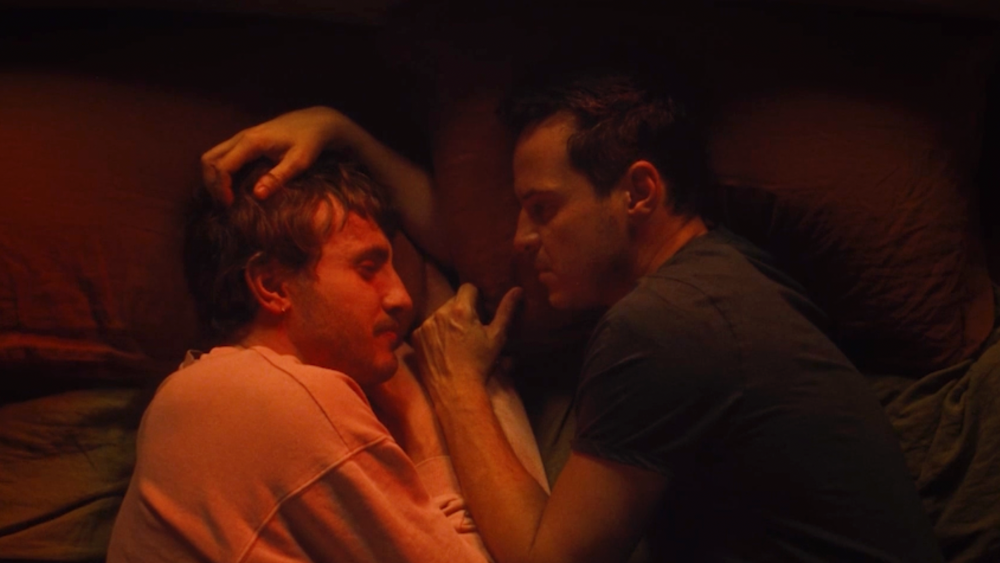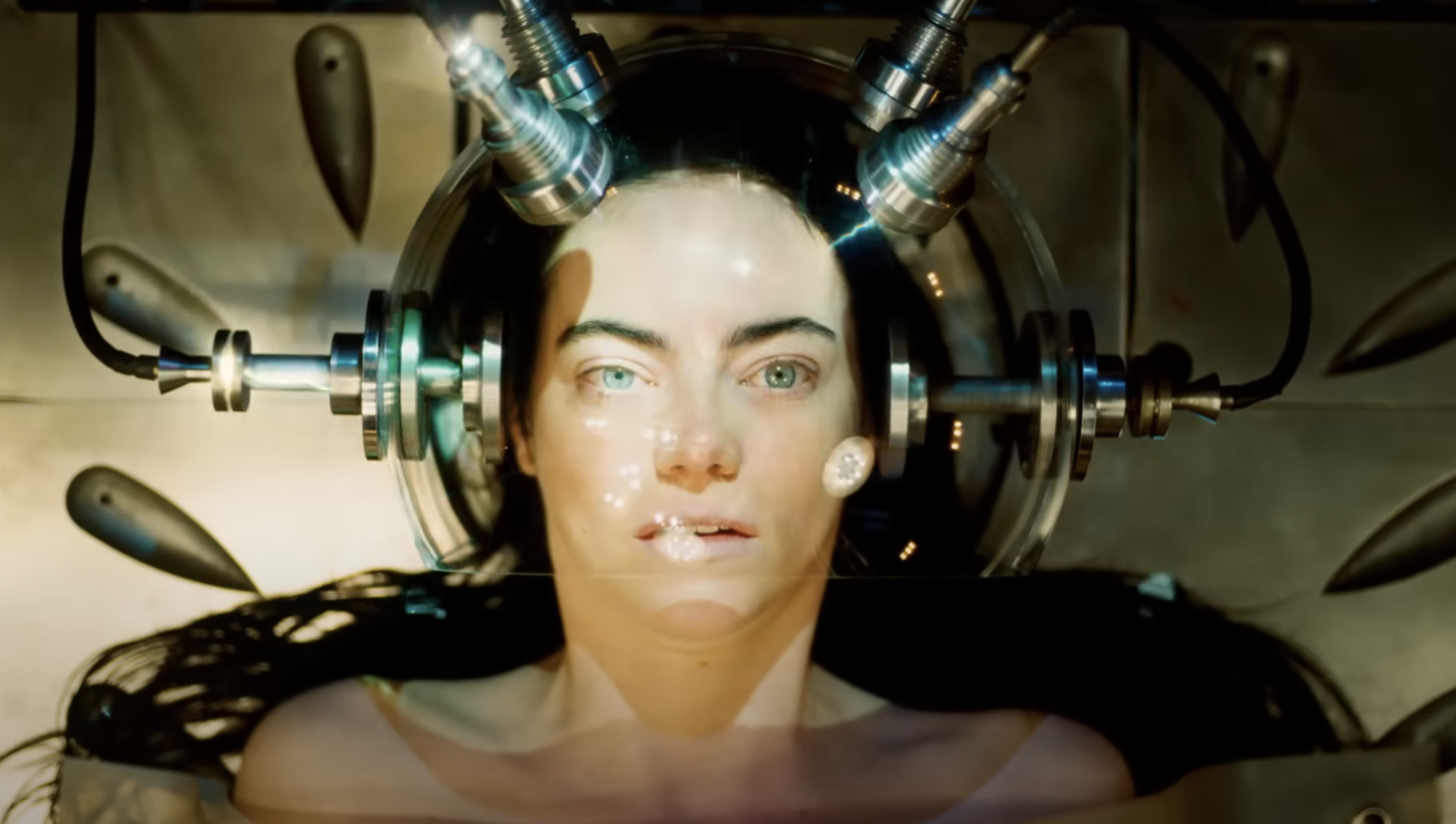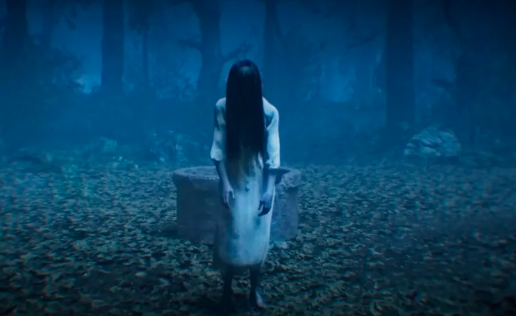news
Hide the Kids from Kids’ Movies

Let’s face the ugly truth: uplifting kids’ movies — the ones where elephants fly and turbo-charged snails can achieve their high-velocity dreams — are simply unrealistic. “Almost uniformly, the protagonists’ primary liability, such as Dumbo’s giant ears, eventually turns into their greatest strength,” argues Luke Epplin at The Atlantic. “But first the characters must relinquish the crutch of the magic feather — or, more generally, surmount their biggest fears — and believe that their greatness comes from within.”
The problem, warns Epplin, isn’t just that parents are being subjected to one formulaic plot after another, but that we’re telling kids that they needn’t be satisfied with a life of monotonous drudgery. (Spoiler alert: life is monotonous drudgery). But Charlie Brown, America’s favorite loser, knows the truth. Epplin points to A Boy Name Charlie Brown as a narrative that sticks to the appropriately realistic truth: if you’re a loser you’ll always be a loser, so stop worrying about it and kick that goddamn football.
Now, I love Charlie Brown, and I love whimsical narratives about hopeless perseverance, but when cartoon characters get too real it can be disturbing. For example, there’s a scene in Toy Story 3 in which the plucky plastic heroes are pulled towards an incinerator. Do they panic? Do they refuse to give up without a fight? Do they maintain hope? Nope. They just give up and accept death and wait for the inferno to reduce their lives and dreams to ash.
Maybe Epplin is right and kids movies are responsible for “a generation weaned on instant gratification.” But maybe that’s better than the alternative.
Read the rest of the article here.
***
— Benjamin Samuel is the co-editor of Electric Literature. Yes, he watched Toy Story 3, because there was nothing else on Netflix and he doesn’t have to explain himself. Find him on Twitter.









